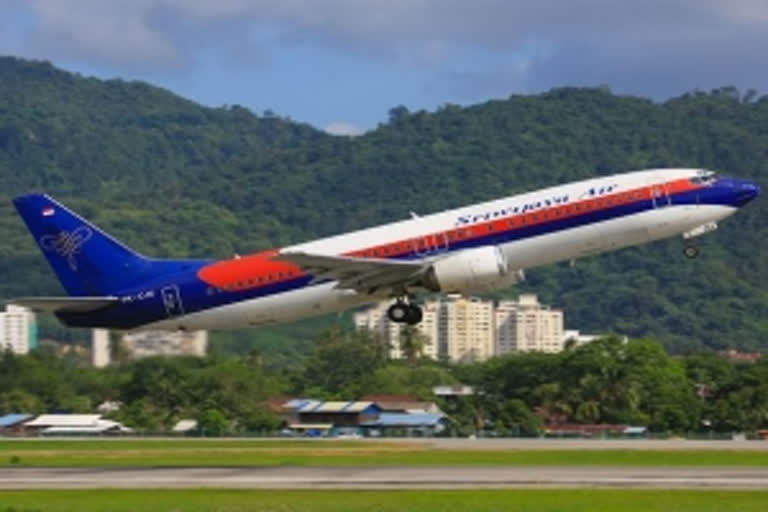Jakarta: Saturday's plane crash in Indonesia, in which a Sriwijaya Air Boeing 737-500 carrying 62 people plunged into the Java Sea shortly after takeoff, has once again cast the limelight on the safety of the country's aviation industry.
Indonesia's aviation record is one of the worst in Asia, with more civilian airliner passenger accidents since 1945 than any other country in the region. Past accidents have been attributed to poor pilot training, mechanical failures, air traffic control issues and poor aircraft maintenance.
While experts say there have been many improvements in recent years, the latest crash has experts questioning the true progress of Indonesia's aviation oversight and regulation.
WHY HAS INDONESIA HAD SO MANY PLANE CRASHES?
It's due to a combination of economic, social and geographical factors.
In the early years of Indonesia's aviation boom, after the fall of Suharto in the late 1990s opened the economy following decades of dictatorships, there was little regulation or oversight of the industry.
Low-cost air carriers including Lion Air which saw one of its planes crash in 2018, killing 189 people flooded the market, enabling flying to become a common way for many to travel across the vast archipelago nation, which has many areas that still lack efficient or safe transportation infrastructure.
According to data from the Aviation Safety Network, Indonesia has had 104 civilian airliner accidents with over 1,300 related fatalities since 1945, ranking it as the most dangerous place to fly in Asia.
The United States banned Indonesian carriers from operating in the country from 2007 to 2016 because they were deficient in one or more areas, such as technical expertise, trained personnel, record-keeping or inspection procedures. The European Union had a similar ban from 2007 until 2018.
HAVE THINGS IMPROVED?
Yes, they have. Engagement with the industry has significantly improved and oversight has become more rigorous, aviation expert and editor-in-chief of AirlineRatings.com Geoffrey Thomas told The Associated Press.
That includes more frequent inspections, stronger regulation of maintenance facilities and procedures, and better pilot training, he said.
The US Federal Aviation Administration granted Indonesia a Category 1 rating in 2016, meaning it determined that the country complied with International Civil Aviation Organization safety standards.
WHY DID THE LATEST CRASH HAPPEN?
